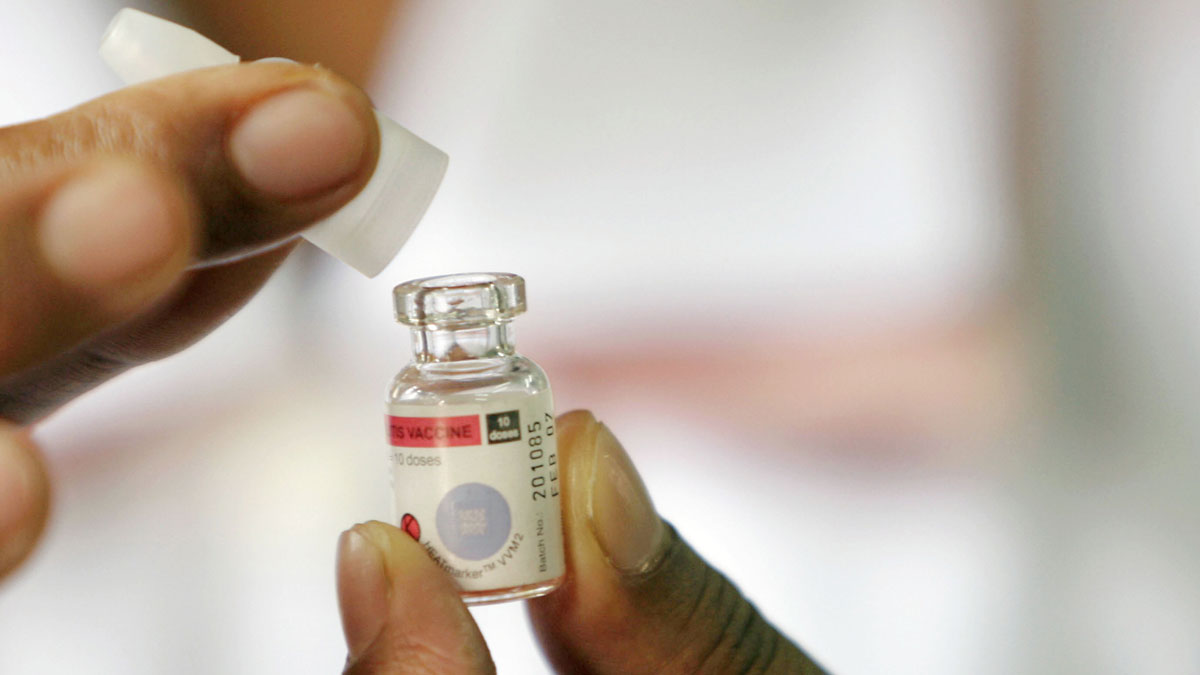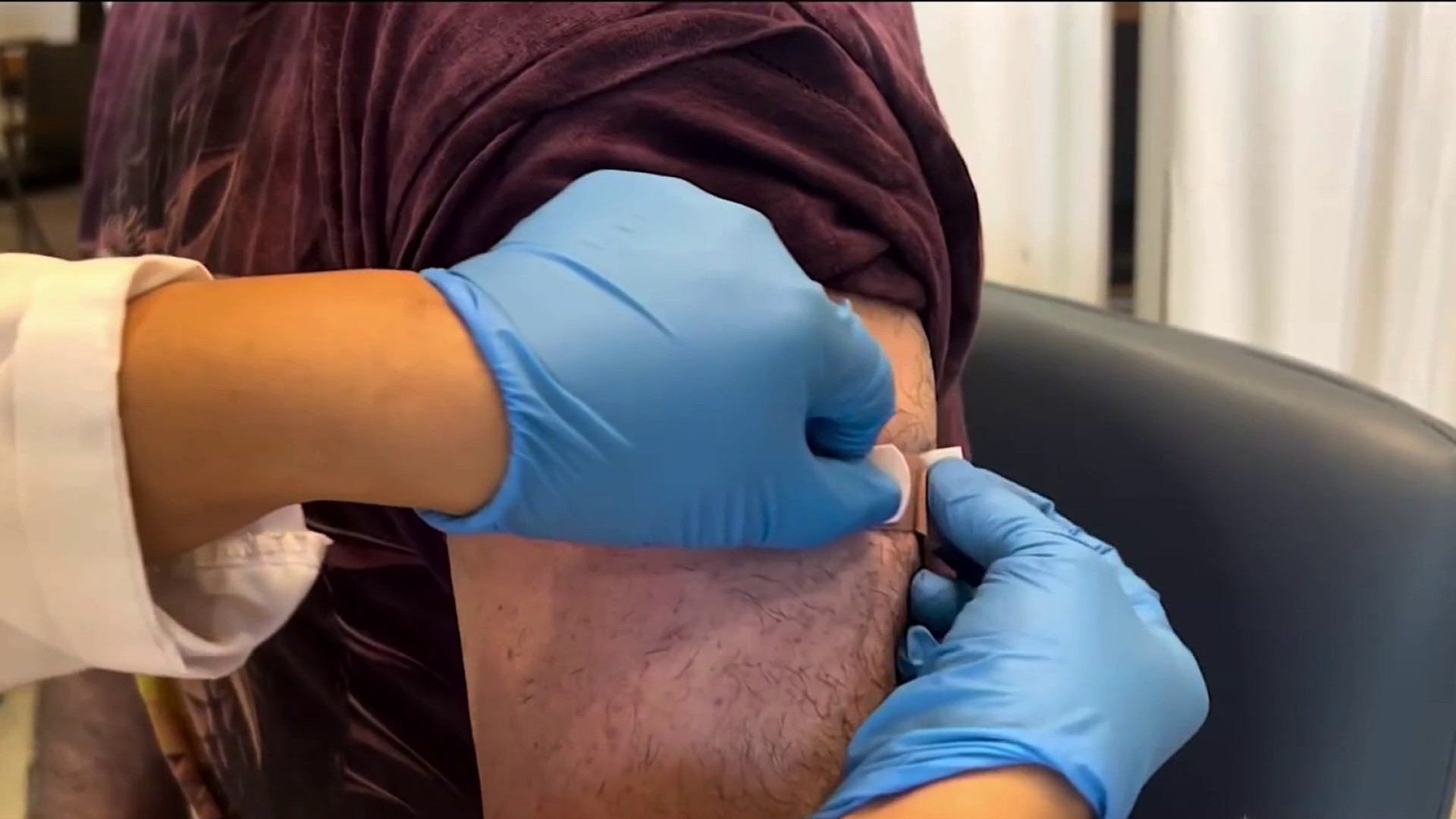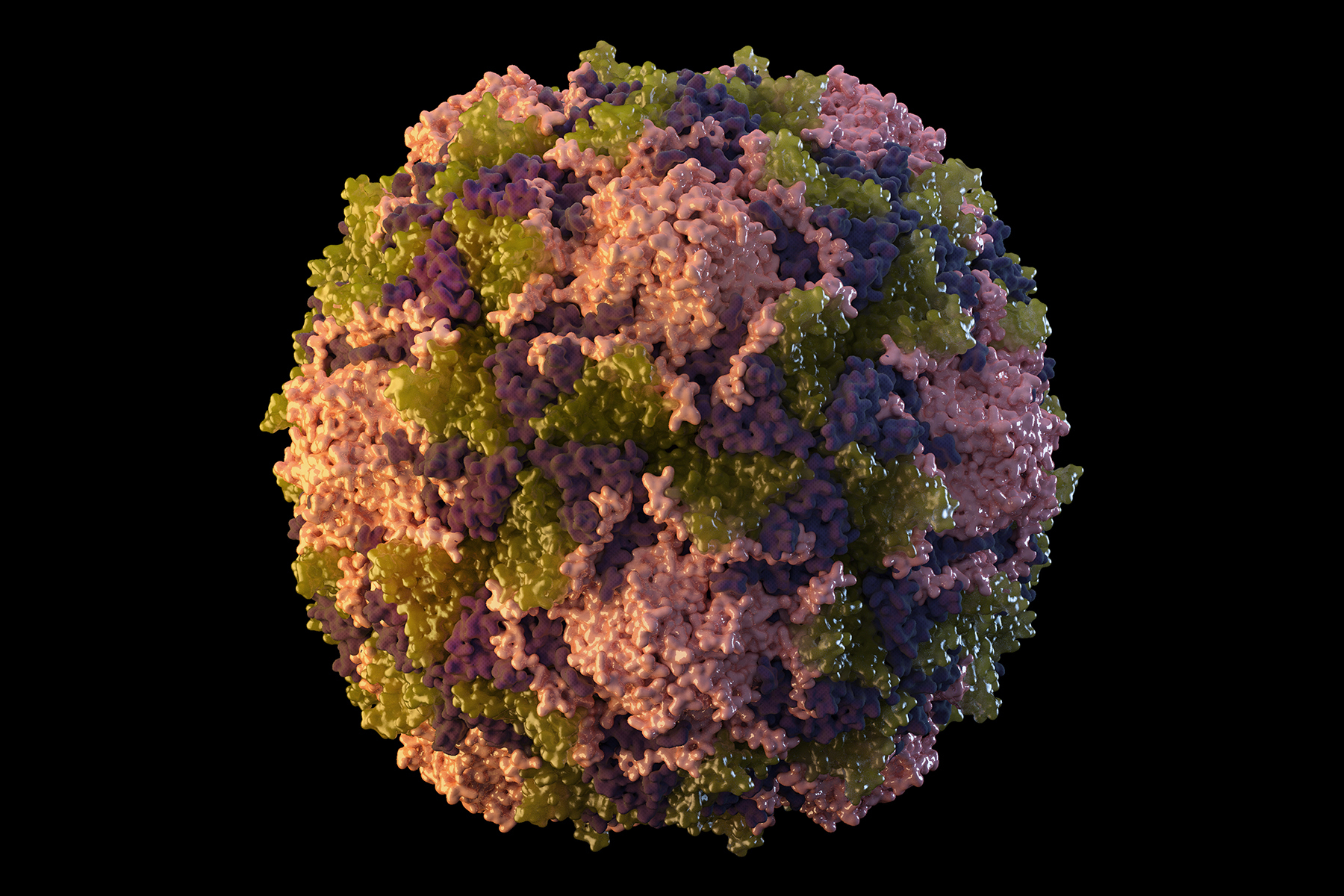What to Know
- More polio has been detected in Hudson Valley wastewater samples, this time Orange County, according to NYS health officials, which it says further indicates potential community spread of the virus declared eradicated in 1979
- The CDC detected polio in samples taken from June and July in two geographically different locations in Orange County and has linked those to samples from Jerusalem, in Israel, and recent samples from London, England
- The Rockland County case was an unvaccinated patient who had a vaccine-derived strain of the virus that indicates it would have been contracted by someone who got a live dose used by a country outside the US; in rare instances, people given the live virus can spread it to other people who haven’t been vaccinated.
There are new concerns about the potential spread of polio in New York, with the state health commissioner saying there could be "hundreds" of people infected as new evidence shows the virus has been found in samples from multiple counties.
The state health department, which launched wastewater surveillance earlier this month after officials announced the first confirmed U.S. polio case in nearly a decade in an unvaccinated patient in Rockland County on July 21, says the CDC confirmed the presence of the polio virus in samples taken from June and July in two geographically different locations of Orange County, officials said.
Get Tri-state area news and weather forecasts to your inbox. Sign up for NBC New York newsletters.
While there are no active confirmed polio cases in the county, according to the local county executive, it has a much lower polio vaccination rate (59.45%) among 2-year-olds than the state average (79.1%), which makes the community vulnerable.
New York health officials sought to underscore the point in a Thursday statement.
"These environmental findings—which further indicate potential community spread—in addition to the paralytic polio case identified among a Rockland County resident, underscore the urgency of every New York adult and child getting immunized against polio, especially those in the greater New York metropolitan area," it said.
That call to get vaccinated was later emphasized by New York State Health Commissioner Dr. Mary Bassett, saying that the total number of people infected may be far higher than many would expect.
"Based on earlier polio outbreaks, New Yorkers should know that for every one case of paralytic polio observed, there may be hundreds of other people infected,” Dr. Bassett said. "Coupled with the latest wastewater findings, the Department is treating the single case of polio as just the tip of the iceberg of much greater potential spread. As we learn more, what we do know is clear: the danger of polio is present in New York today. We must meet this moment by ensuring that adults, including pregnant people, and young children by 2 months of age are up to date with their immunization – the safe protection against this debilitating virus that every New Yorker needs."
To clarify, that does not mean everyone is at risk. According to the CDC, 99 percent of people who have gotten the inactivated poliovirus vaccine (IPV) — the only polio immunization given in the U.S. since 2000 — are fully protected from getting the virus. However, it is those who are not vaccinated that remain at risk.
Health officials said the samples from the confirmed Rockland County case appear genetically linked to two collected from the early June samples from Rockland County and samples from greater Jerusalem, Israel, as well as to the recently-detected environmental samples in London. The Rockland County resident had no known travel to London, officials said.
Wastewater surveillance is a critical detection tool that can assess potential community spread of polio, New York health officials say, and they're testing samples throughout the state to be thorough in their investigation. Those get sent to the CDC. Learn more about polio from NYSDOH here.
In the Rockland case, health officials have said the patient had acquired a “vaccine-derived” strain of the virus, meaning it probably originated in someone who had been inoculated with a live vaccine — available in other countries, but not the U.S. In rare instances, people given the live virus can spread it to other people who haven’t been vaccinated.
As to the wider implications, the Global Polio Eradication Initiative said last week that genetic and epidemiological investigations are attempting “to determine possible spread of the virus and potential risk associated with these various isolates detected from different locations around the world.”
Polio, once one of the nation’s most feared diseases, was declared eliminated in the United States in 1979, more than two decades after vaccines became available. Its discovery in Rockland County prompted a local vaccine drive.
“Given how quickly polio can spread, now is the time for every adult, parent, and guardian to get themselves and their children vaccinated as soon as possible,” said Dr. Bassett.




